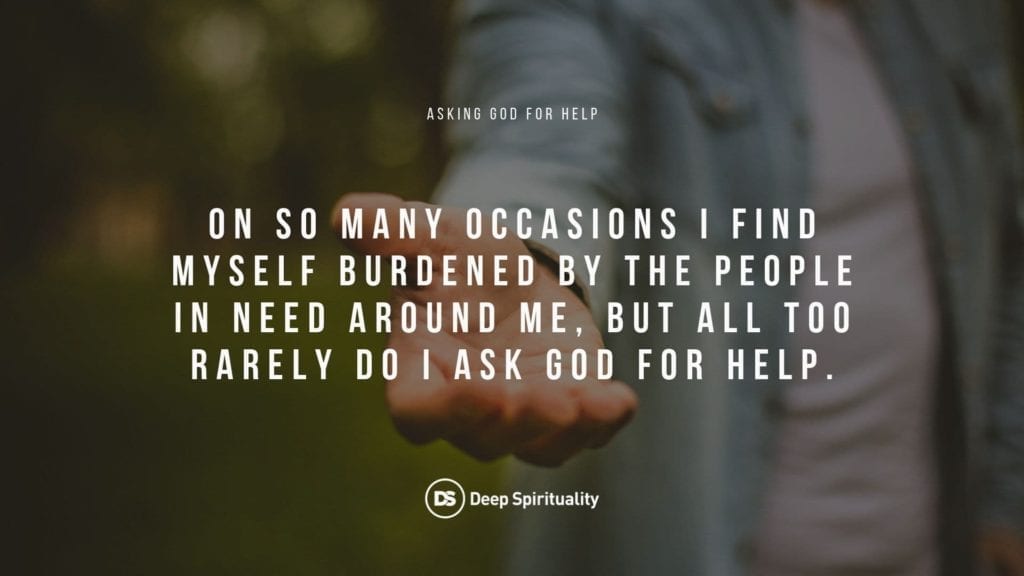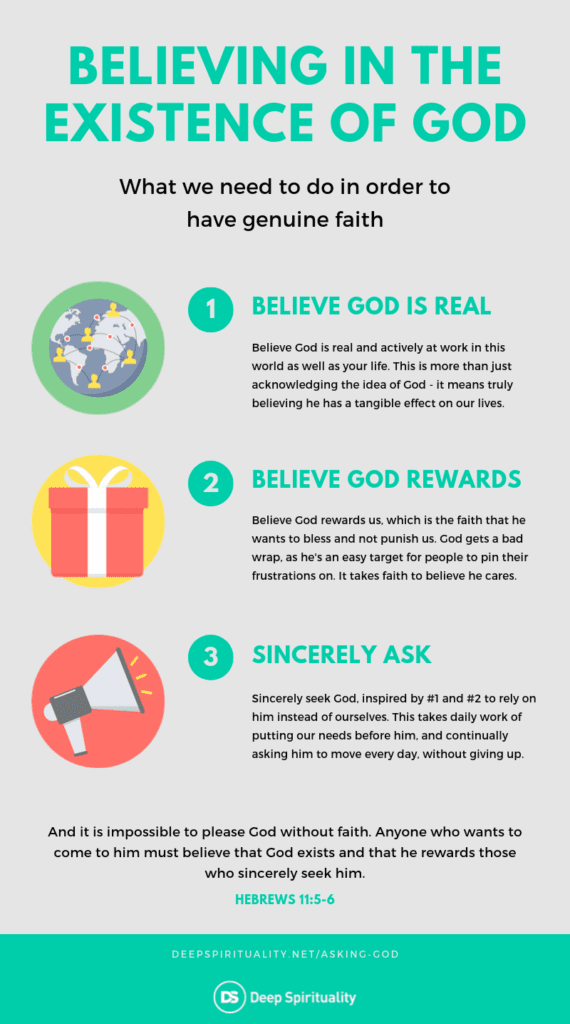Ball of Confusion, that’s what the world is today.
Ball of Confusion, Temptations
When I was 9 years old, one of my favorite songs was Ball of Confusion by the Temptations. Even at that young age, I could feel the chaos of the world around me.
What feels so very strange decades later is that the same chaos I felt in 1970, I feel today. What is different? I now know where to turn.
When the earth and everyone living upon it spin into chaos, I am the One who stabilizes and supports it.”
Psalm 75:3 Voice
Not only do I know where to turn, but reading the Scriptures helps me understand why the world is in chaos. We are experiencing chaos because so many want so much but rely on human institutions and strength instead of asking God for help.
What causes fights and quarrels among you? Don’t they come from your desires that battle within you? [2] You desire but do not have, so you kill. You covet but you cannot get what you want, so you quarrel and fight. You do not have because you do not ask God.
James 4:1-2 NIV
The anger and enmity of our times is a result of searching for a human savior instead of seeking God. The Scriptures teach that in times like these we are experiencing spiritual and emotional chaos – what the Scriptures refer to as being “harassed and helpless.” It is in times like these when we should turn to prayer and ask God for help.
Jesus went through all the towns and villages, teaching in their synagogues, proclaiming the good news of the kingdom and healing every disease and sickness. [36] When he saw the crowds, he had compassion on them, because they were harassed and helpless, like sheep without a shepherd.
[37] Then he said to his disciples, “The harvest is plentiful but the workers are few. [38] Ask the Lord of the harvest, therefore, to send out workers into his harvest field.” Matthew 9:35-38 NIV
For years I looked at Matthew 9:35-38 as a Scripture about sharing our faith in God with others. While this remains true, there is something I have been missing.
In a world where people are harassed and helpless, there is a tremendous need and desire for God, but Jesus points out in Matthew 9:37 that there are not enough workers. People have given up on asking God why the world is the way it is, and what we can do about it.
He does not then go on to talk about the need for believers to work harder or more efficiently to make up for the lack of workers. His command in Matthew 9:38 is to ask God for help.

Instead of relying on our human effort to bring the peace of God to those who are harassed and helpless, he wants us to pray. He wants us to rely on God instead of ourselves by asking for help – by spending quiet time with God, asking him to move others to have compassion on those in pain and embrace the work of bringing them peace.
On so many occasions I find myself burdened by the people in need around me, but all too rarely do I ask God for help. All too rarely do I ask Him to move others to have the compassion needed to bring peace to those in pain.
What about you? Do you feel compassion for those in pain? Do you feel the burden to help them? Are you burdened and burning out trying to help as many as possible without praying for others to embrace the path of compassion?
If you are like me and answer these questions in the affirmative, then join me on the journey of prayer, where we learn to ask God instead of burning out.
The Ask
“I’ve never found anyone who’s said no or hung up the phone when I called – I just asked. And when people ask me, I try to be as responsive, to pay that debt of gratitude back. Most people never pick up the phone and call, most people never ask. And that’s what separates, sometimes, the people that do things from the people that just dream about them. You gotta act. And you’ve gotta be willing to fail, you gotta be ready to crash and burn, with people on the phone, with starting a company, with whatever. If you’re afraid of failing, you won’t get very far.”
Steve Jobs
These words of Steve Jobs reflect the culture of Silicon Valley, where I have learned the lesson of “the ask.”
While working to develop software for those with special needs, several people came to my aid. They loved what we were planning to do and gave us tons of free advice as well as references to others who could help.
Whenever I was going to meet with a new connection, we would have an appointment to prepare. In this appointment, my advisers would say to me, “What is going to be your ask?” In their mind, if you had an opportunity to meet with someone who could help, it was essential to know “your ask.”
Why didn’t I prepare to ask God the way I prepared to ask potential partners in Silicon Valley?
Asking God for Help
The advice to ask helped us launch a startup in the education space with a focus on including those with special needs. As with many things in Silicon Valley, there was a serendipitous blessing, a spiritual lesson to be learned, and a question to be asked. Why didn’t I prepare to ask God the way I prepared to ask potential partners in Silicon Valley?
Now you may be asking yourself, “how can I ask God to help me when I don’t even believe it’ll do anything?” That brings us to the next point.
Believe in God
It was by faith that Enoch was taken up to heaven without dying…he disappeared, because God took him. For before he was taken up, he was known as a person who pleased God. [6] And it is impossible to please God without faith. Anyone who wants to come to him must believe that God exists and that he rewards those who sincerely seek him.
Hebrews 11:5-6 NLT
We must believe God exists before we can begin asking God for advice or help. Believing God exists is more than acknowledging the fact that He is real. As the Scriptures teach, even the demons believe this.
You say you have faith, for you believe that there is one God. Good for you! Even the demons believe this, and they tremble in terror.
James 2:19 NLT
Believing in the existence of God means three things, and all three must be present in our lives to have genuine faith:
- Believe God is real and actively at work in this world as well as your life.
- Believe God rewards us, which is the faith that He wants to bless and not punish us.
- Sincerely seek God, inspired by #1 and #2 to rely on Him instead of ourselves.
The person who says they believe God is real is one third of the way to genuine faith. When we take the next step of believing God rewards us, we are two thirds of the way there.
Genuine faith can only occur when we combine our belief in the fact that God is real with the faith that he rewards us, then let these two truths fuel our desire to seek God sincerely. This type of faith is genuine, and we know this because of how it helps us conquer rather than be conquered by the challenges of life.
who through faith are shielded by God’s power until the coming of the salvation that is ready to be revealed in the last time. [6] In all this you greatly rejoice, though now for a little while you may have had to suffer grief in all kinds of trials. [7] These have come so that the proven genuineness of your faith—of greater worth than gold, which perishes even though refined by fire—may result in praise, glory and honor when Jesus Christ is revealed.
1 Peter 1:5-7 NIV
One additional truth worth noting: If we refuse to seek God with all of our heart, all of our mind, and all of our soul, we really don’t believe he exists.
And now, Israel, what does the Lord your God ask of you but to fear the Lord your God, to walk in obedience to him, to love him, to serve the Lord your God with all your heart and with all your soul, [13] and to observe the Lord’s commands and decrees that I am giving you today for your own good?
Deuteronomy 10:12-13 NIV
True faith is so much more than a comforting feeling, intellectual idea, or commitment to church attendance. Those who believe are filled with a passionate desire to seek God with all of their heart and soul. They don’t have to be pushed to read the Scriptures, pray, or obey God. They are all “want to.” They pursue God, and with each step closer to Him their faith increases making it natural, even instinctive, to turn to Him and make their “ask.”
Check out this video from our YouTube channel that outlines 3 ways to apply belief in God to our everyday lives.
Embrace shameless audacity
I tell you, even though he will not get up and give you the bread because of friendship, yet because of your shameless audacity he will surely get up and give you as much as you need.
Luke 11:8
Once we establish our belief in God, we must examine our willingness to ask Him for help. In my case, reflective examination revealed pride as my greatest obstacle to asking God for help. Maybe you can relate?
My pride presents me with two problems or obstacles when I pray. The first obstacle is the shame I feel when asking for help. This happens because I feel weak and needy. So, to avoid these uncomfortable feelings, I tend to ask once, then take control and try to make it happen on my own.
The second problem or obstacle I face in prayer because of my pride is my fear of rejection. This comes from the fact that I don’t want to hear “No” for an answer. Then I would have to deal with the emotion of disappointment, which is why I find it easier to go it on my own and stubbornly keep trying to make something happen even when it is obvious it will never be.
God’s determination to bless us is made more possible by our faithfulness in prayer.
Asking God for Help
Fortunately, Jesus has compassion on prideful people like me. His solution or path for the prideful to become powerful in prayer is “shameless audacity.”
“Shameless audacity” is about embracing rather than running from our shame, then trusting God enough to audaciously “shoot for the moon,” persistently and relentlessly asking for the unimaginable and unreachable, knowing God’s determination to bless us is made more possible by our faithfulness in prayer (Ephesians 3:20-21, Romans 12:11-12). We should be asking God for something big and life changing, not pedestrian and unimaginative.
Trust humility and vulnerability
Then the woman came to Jesus again and bowed before him and said, “Lord, help me!” [26] Jesus answered, “It is not right to take the children’s bread and give it to the dogs.” [27] The woman said, “Yes, Lord, but even the dogs eat the crumbs that fall from their masters’ table.” [28] Then Jesus answered, “Woman, you have great faith! I will do what you asked.” And at that moment the woman’s daughter was healed.
Matthew 15:25-28 NCV
Shameless audacity requires humility and vulnerability – the humility to admit weakness and need, and the vulnerability to ask even at the risk of rejection.
The Canaanite woman teaches us about humility and vulnerability in Matthew 15:21-24. Faced with potential rejection of her request by Jesus, she says, “but even the dogs eat the crumbs that fall from their masters’ table.”
Her statement is an acknowledgment that, as a Gentile, she has no right to ask for anything, so she humbly and vulnerably takes the position of an unworthy dog. In short, she is embracing her weakness and shame, arguing that as low as she might be, there should be a scrap of blessing Jesus can provide.
Prayer is powered by faith, and faith increases with the shameless audacity that comes from humility and vulnerability.
Asking God for Help
In response Jesus says, “Woman, you have great faith,” and in that moment her request is granted and her daughter healed. What should we learn? Prayer is powered by faith, and faith increases with the shameless audacity that comes from humility and vulnerability.
Over the next few weeks I hope you will join me in further exploration of prayer. Asking God is a powerful concept, and properly embraced, it is our path to changing our lives and the world.
Explore more:
As the editor in chief for Deep Spirituality, Russ Ewell writes, teaches, and innovates with his eyes on the future. His teaching is rooted in providing hope for those turned off by tradition and infused with vision for building a transformative church. His passion to inspire even the most skeptical to view God through fresh eyes can be found in his book, He's Not Who You Think He Is: Dropping Your Assumptions and Discovering God for Yourself.
As the editor in chief for Deep Spirituality, Russ Ewell writes, teaches, and innovates with his eyes on the future. His teaching is rooted in providing hope for those turned off by tradition and infused with vision for building a transformative church. His passion to inspire even the most skeptical to view God through fresh eyes can be found in his book, He's Not Who You Think He Is: Dropping Your Assumptions and Discovering God for Yourself.






